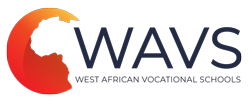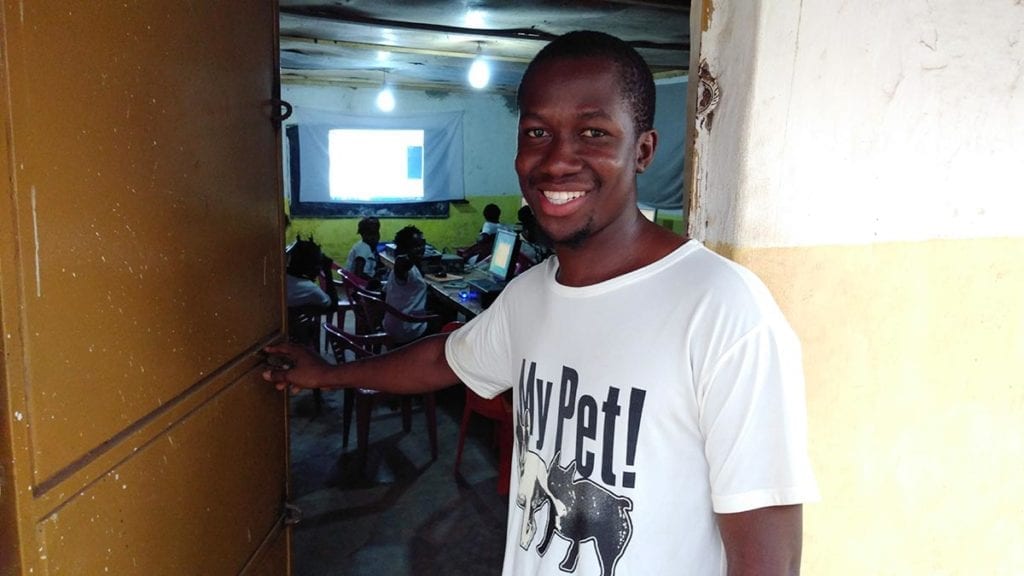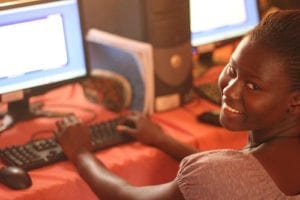How Vasco’s training at the WAVS School is helping him become one of Guinea-Bissau’s future leaders
Poverty. Corruption. Government dysfunction. The woes of West Africa add up.
But when you meet Vasco Iala, suddenly the future doesn’t seem so bleak. Ask Vasco how he’s doing and he’ll give you the same answer every time:
“Fantastic!”
Vasco, 25, graduated from the WAVS School’s computer course in 2011. He went on to enroll in a six-year medical school program in Guinea-Bissau’s capital, Bissau. After he graduates this June, Vasco plans to work as a pediatrician in his country, where nearly 1 out of 10 children die before their fifth birthday.
Between med school classes, studying for exams, and serving as the vice president of his church’s youth association, Vasco also teaches computer classes at a private high school — a job he got with the help of his certificate from the WAVS computer course. He earns about $1.40 for every 45-minute class. It’s just enough to cover his daily living expenses.

“The WAVS School helped me a lot,” Vasco said. “I have a lot of expenses, but this job has given me the funds I need.”
While at the WAVS School, Vasco learned how to use Microsoft Office programs and how to access the Internet. After he enrolled in med school, he discovered that many of his classmates didn’t know how to use a computer – a basic skill necessary to complete med school. He became their unofficial computer instructor.

A few years after starting med school, Vasco began his job teaching computer classes at Escola Brandão, a private high school in Bissau. In Guinea-Bissau, where public schools often shut down for months at a time because the government fails to pay its teachers, private schools have become increasingly popular. Tuition is minimal. At Escola Brandão, a tiny campus with cramped classrooms tucked into a crowded neighborhood in Bissau, students pay about $15 per month. The school receives no outside funding, so its teachers’ salaries are similarly small.

Still, what the school lacks in funding and basic supplies, it makes up for with energy and enthusiasm. At one of Vasco’s classes on a recent afternoon, Vasco animatedly explained the different uses of Microsoft Office programs to a dozen 11th graders. He illustrated his points using a projector that shined onto a bedsheet hanging on the wall.
“Vasco is a great teacher,” the school administrator told me. “He can figure out anything with computers.”
Guinea-Bissau desperately needs a new generation of hard-working, educated leaders. If the country is to change anytime soon, it will be because of people like Vasco and the donors who gave him the opportunity to succeed.
This article was written by Chris Collins, WAVS Executive Director.
The training that Vasco received at the WAVS School is helping him become a future leader in Guinea-Bissau.
You can equip young people like Vasco with the skills they need to become leaders in their communities and provide for themselves and their families.
Each student pays tuition for the courses they take, but this only covers about 25% of the total cost. The remainder of the costs are covered by generous donors like you. Join the One Student community and make an impact in the lives of young people in Guinea-Bissau, One Student at a time.




